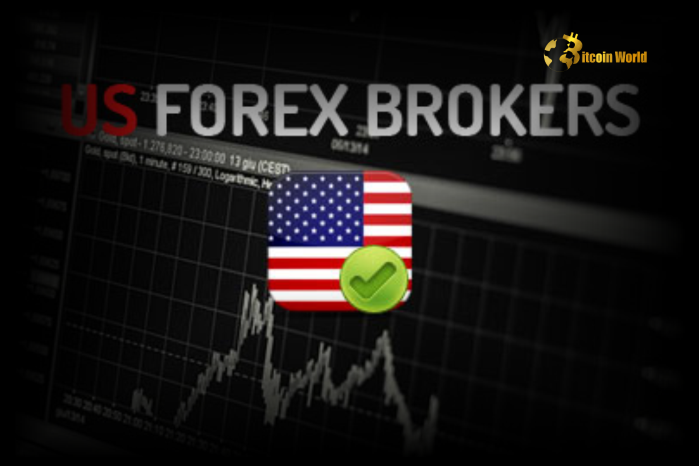Forex Trading Trends and Opportunities in the US
Forex Trading Trends and Opportunities in the US
Blog Article
How to Get Started with Forex Trading in the US
Foreign change, or Forex trading, pulls an incredible number of participants in the United States every year. Its sheer measurement and liquidity make it one of the very most desirable markets globally. Nevertheless, forex in america. requires a unique and strict method of regulating Forex activities. If you are looking to industry currencies or simply just desire to understand how legal frameworks form the Forex industry, knowledge these regulations is crucial.

Important Legitimate Frameworks Surrounding Forex in the US
Forex regulation in the United Claims is distinguishable because of its thorough risk controls and customer protections. Two leading government figures oversee most Forex activities:
• Thing Futures Trading Commission (CFTC)
• National Futures Association (NFA)
The CFTC, made in 1974, is assigned with regulating the futures and possibilities areas, international trade included. The NFA, as a self-regulatory firm, operates tightly with the CFTC to enforce rules and keep fairness in trading practices.
Enrollment and Submission
Every Forex supplier or broker employing U.S. citizens must enroll with both CFTC and NFA. These entities are also required to stick to arduous detailed requirements, including:
• Minimum web capital demands (often more than in different countries)
• Constant audits
• Solid anti-money laundering (AML) policies
• Transparent chance disclosure
Violations can lead to hefty fines or a lasting bar from the market. That regulatory framework aims to avoid scam, defend investors, and improve industry integrity.
Major Limitations on Forex Activities
Foundational defenses affect how Forex operates in the U.S.:
• Power limits: The NFA pieces a optimum power of 50:1 for important currency sets and 20:1 for minors. That is much less than many world wide markets, helping protect inexperienced traders from significant losses.
• Segregation of resources: U.S. legislation requires that customer funds are held separate from broker working funds. This evaluate safeguards traders in case a broker becomes insolvent.
• Marketing and disclosure: Firms should clearly explain risks, costs, and trading elements to clients. Deceptive or aggressive solicitation methods face strict penalties.
Enforcement and Penalties
U.S. agencies regularly monitor for fraudulent systems, insider trading, and illicit market manipulation. Mathematical knowledge from enforcement reports shows a steady sample of penalties and settlements recently, featuring ongoing vigilance. This setting, while stricter than most elements of the planet, creates a safer enjoying subject for retail and institutional traders alike.
What to Consider as a US Forex Trader
Recent traits show an ongoing rise in regulatory activities, an emphasis on customer education, and constant updates to compliance requirements. If you intend to deal Forex in the U.S., it's necessary to:
• Ensure a broker's active enrollment position
• Remain current with regulatory changes
• Review chance disclosures before generally making trades
This method diminishes unforeseen failures and enhances your prospects in a firmly controlled but robust marketplace. By understanding legal regulations, U.S. traders may confidently take part in the Forex market while keeping within the parameters of the law.
Report this page